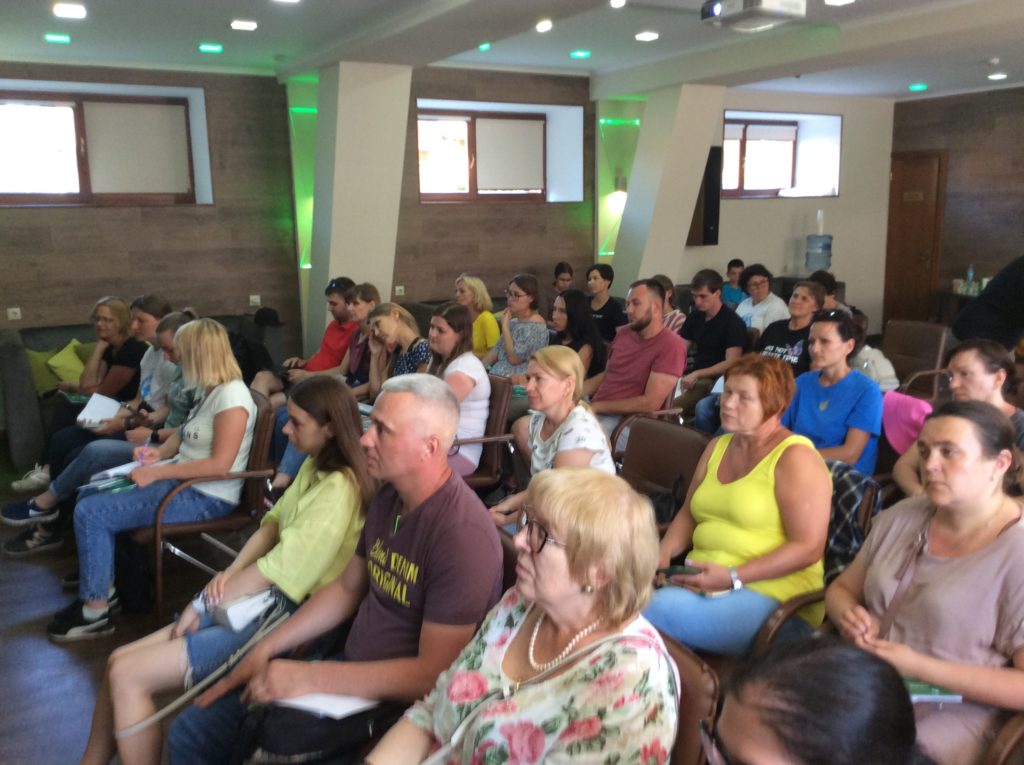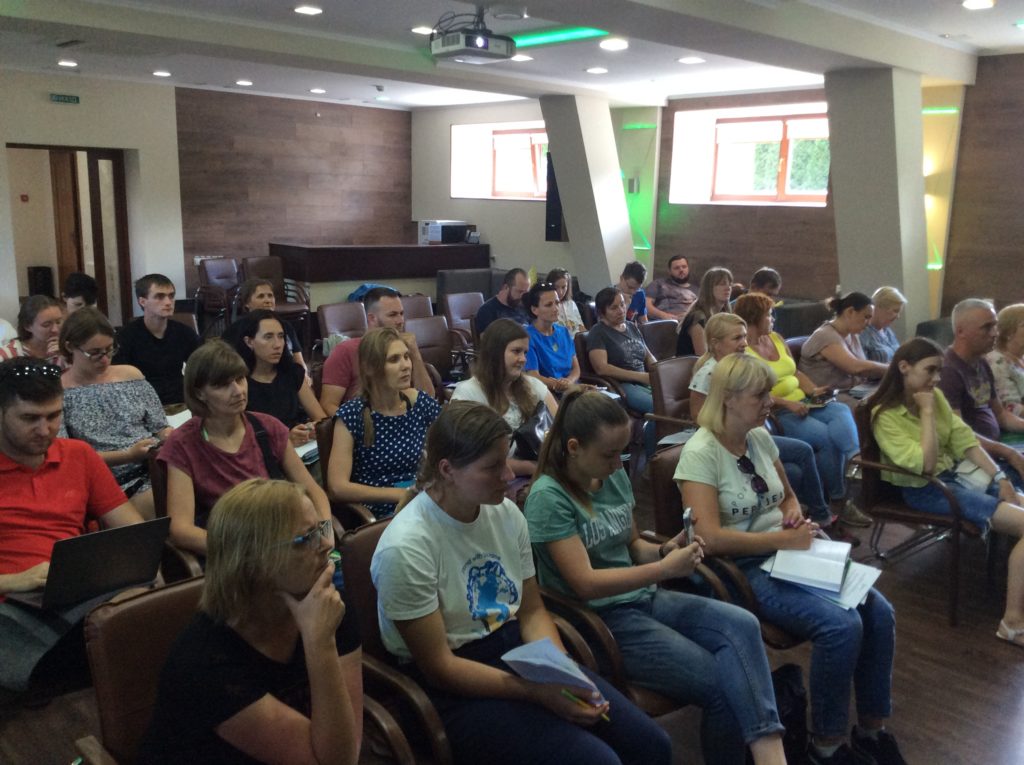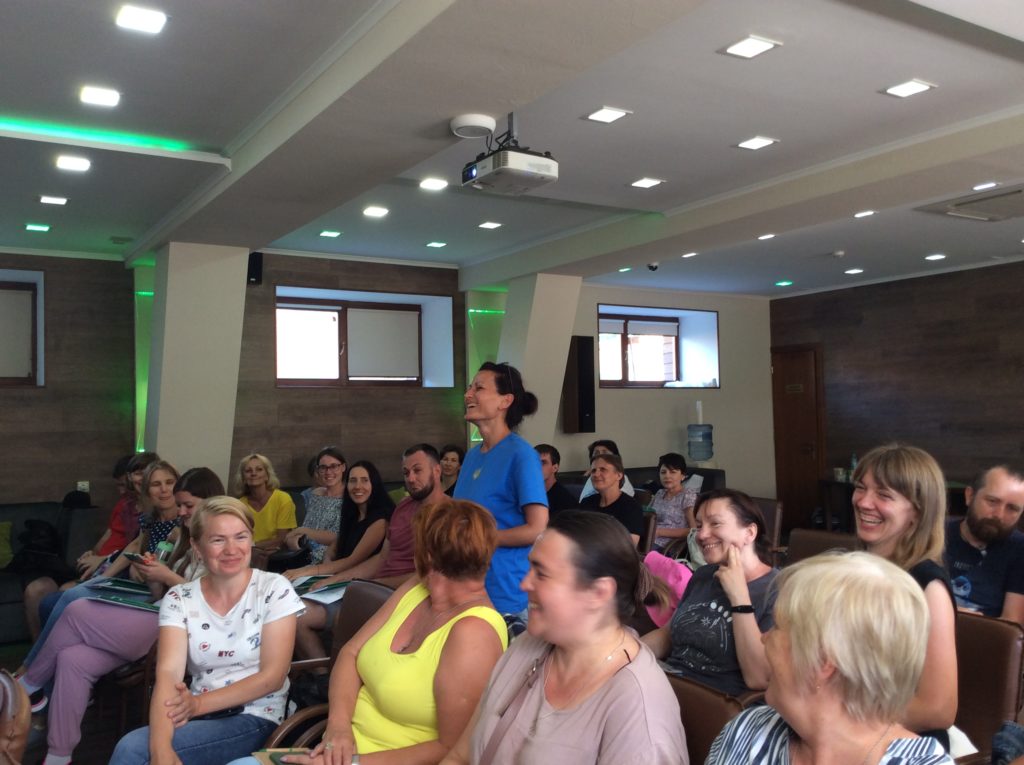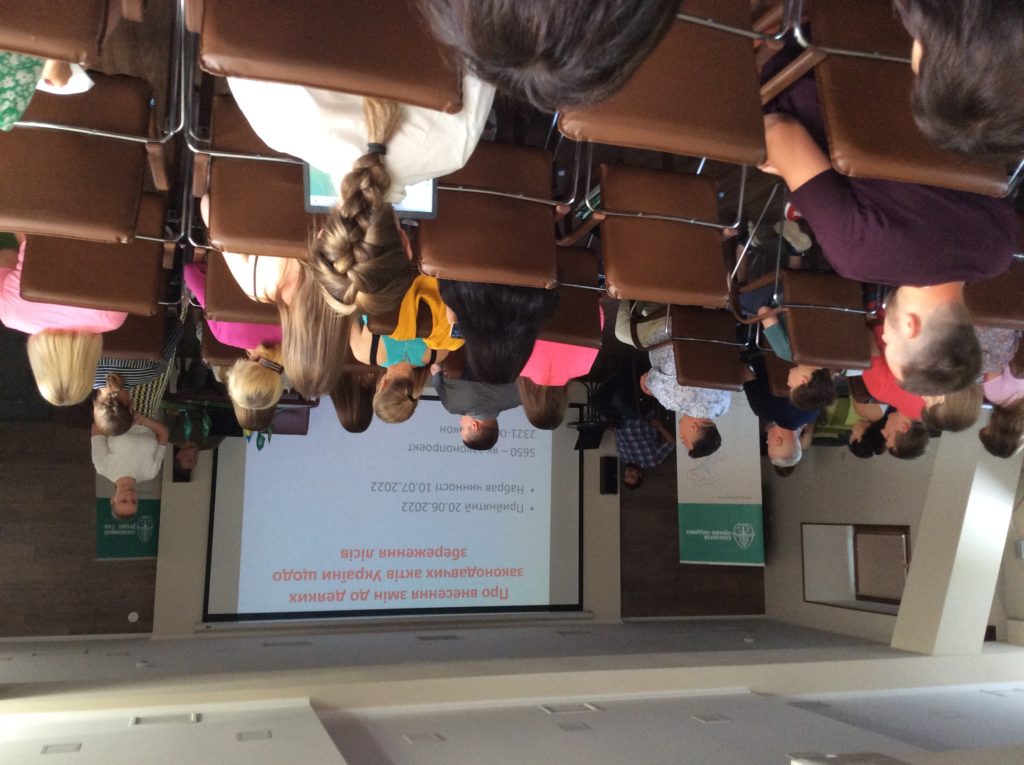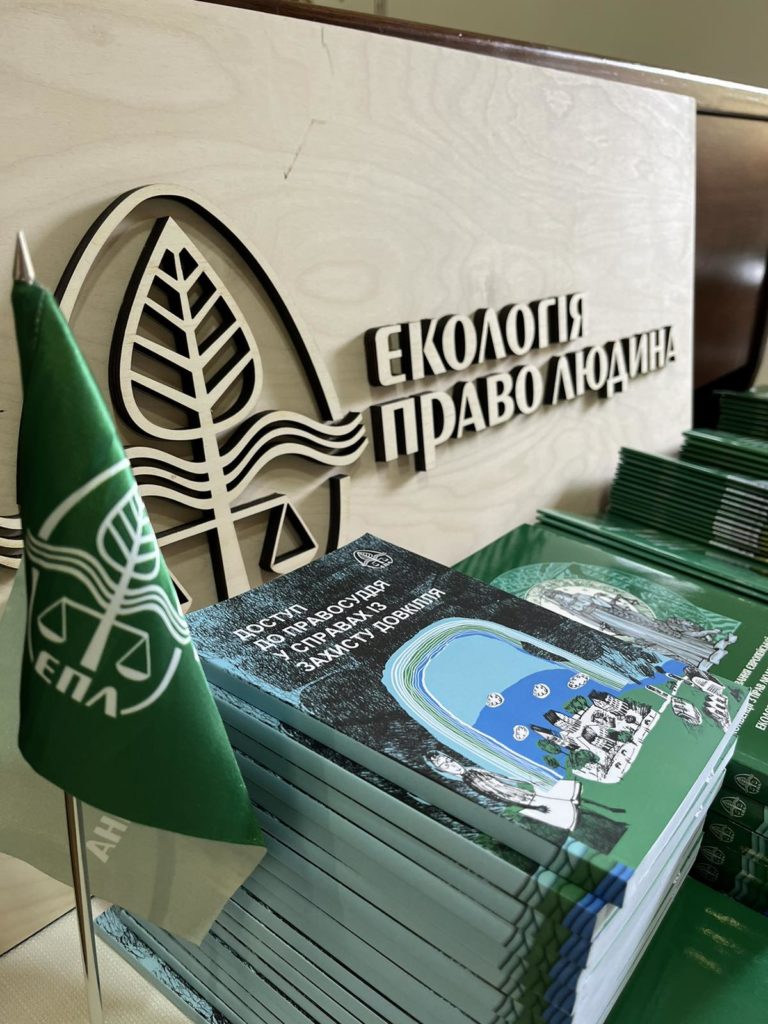The summer school “Mechanisms of nature protection in conditions of war” promises to be an exciting and extremely useful event for all those interested in preserving nature and fighting environmental problems.
During the second day of the summer school, the participants had the opportunity to familiarize themselves with up-to-date methods and strategies aimed at protecting valuable natural territories in the conditions of military conflict.
One of the key issues covered by the agenda was creation of objects of nature reserve fund (NRF) and protection zones, as an effective mechanism for preserving natural resources. Experts shared their knowledge and experience on creation of protected areas as well as on the use of the Global Biodiversity Information Facility (GBIF) to obtain data on distribution of rare species.
The second block of the agenda was devoted to public access to information about the nature reserve fund, forests and subsoil, even when maps and registers are closed. The lecturers of this block revealed methods of finding information about forest logging, special permits and sale of land leases, which are important for preservation of biodiversity.
The third block of the agenda offered a deeper study of access to environmental information under martial law. EPL environmental scientist Bohdan Kuchenko shared his knowledge about the use of satellite data to study changes in landscapes and track fires, did a practical excercise of finding areas affected by fires last year.
During the last block of the second day of the summer school, the workshop “How to punish violators and stop violations. Complaints and requests” was conducted. The participants received valuable information about identifying the status of land plots, determining the essence of violations, developing and filing complaints, challenging omissions of law enforcement bodies.
The summer school “Mechanisms of nature protection in conditions of war” went beyond usual theoretical seminars, offering to participants practical tasks and real cases. It became a platform for exchange of knowledge and skills, contributed to strengthening the community of environmentalists and inspired them to continue working to protect the environment in conditions of war.

